Is it a huge mistake to sacrifice part of your garden for an extension? I asked the pros for their take
With summer creeping closer, experts weigh in on whether it's a really bad idea to reduce your outdoor space in favour of making your home bigger
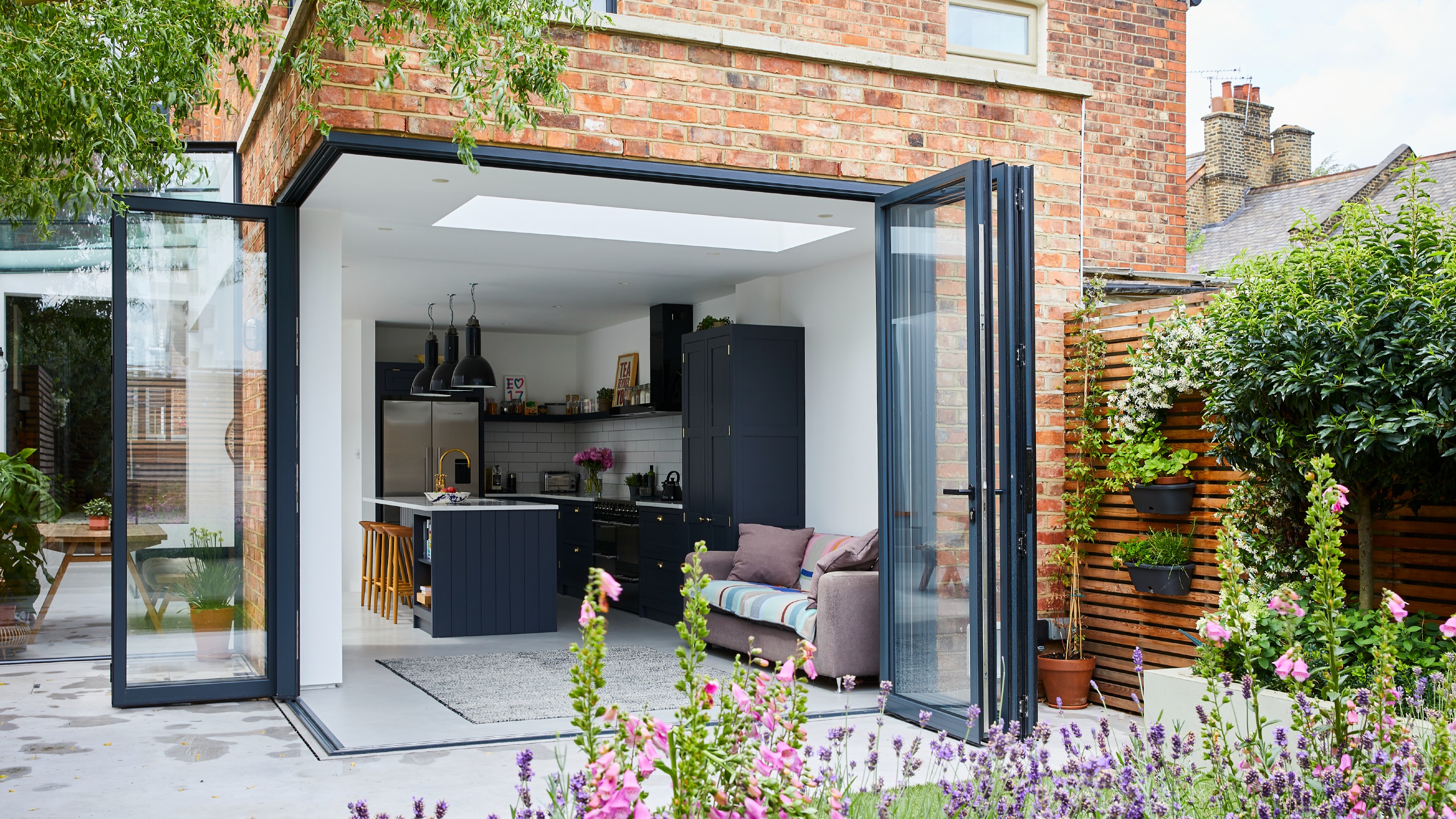

If your home is feeling cramped and claustrophobic, you might think that an extension is the answer to all your problems.
And while building an extension can be key to easing space pressures on your home, it can come at a cost that is more than financial — the garden. Extension ideas at the rear of a property can be particularly desirable, but if you don't have a huge garden to begin with, you could find your home's value dashed, and your lifestyle during warmer months dampened by the lack of outdoor space.
But when is it worth sacrificing garden space to make your home bigger, and when isn't it? I asked property experts for their thoughts, and their tips for what homeowners can do if an extension isn't the right choice.
Does making your garden smaller impact your home's value?
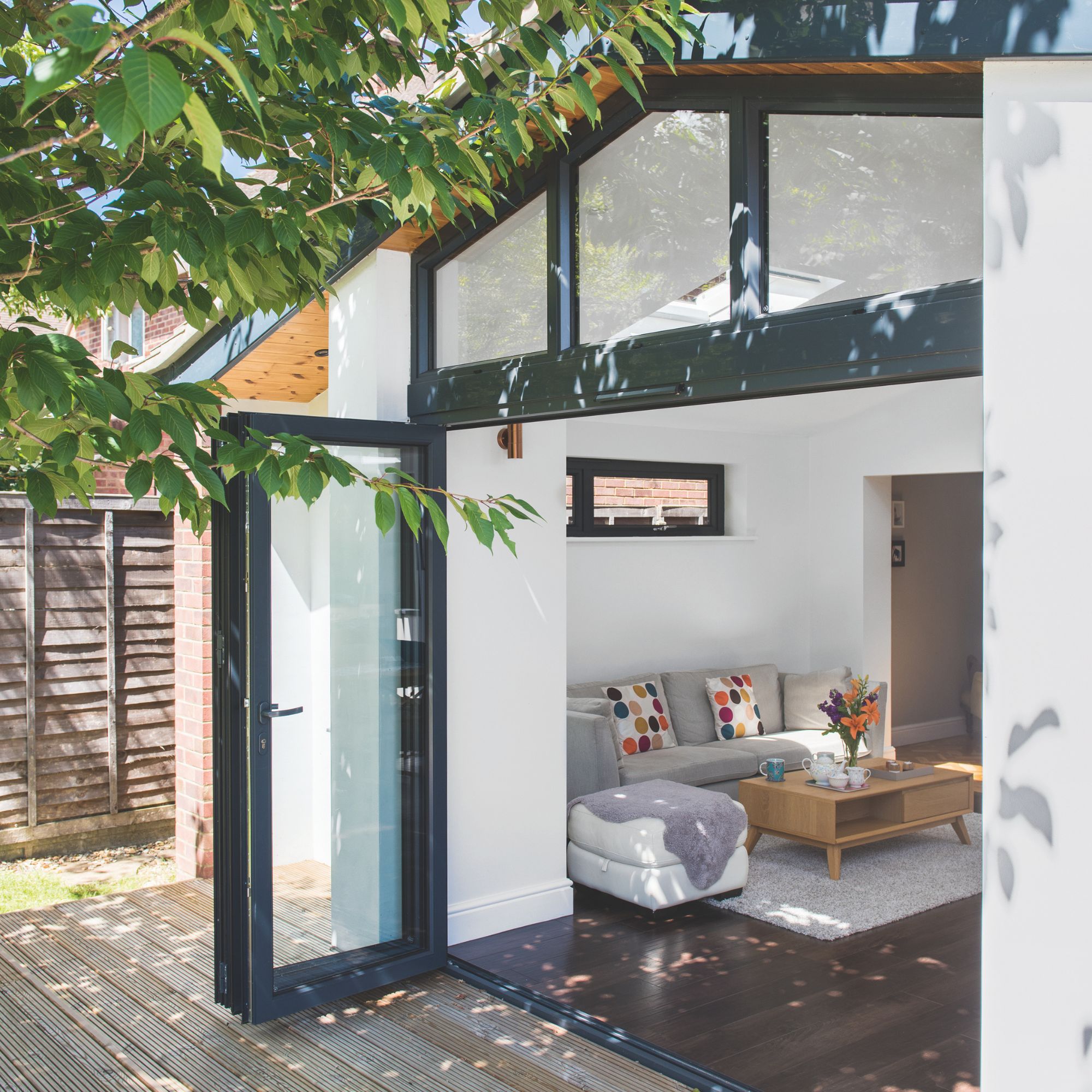
Making a garden smaller can have a negative impact on your home's value, as Andrew Boast, property expert at SAM Conveyancing, says: ‘In the UK, especially in family-friendly areas or commuter zones where outdoor space is highly prized, shrinking the garden too much can make a property far less appealing.
'This is because buyers usually place a lot of value on having a functional outdoor area - whether that’s for children to play, summer barbecues, growing veg, or simply enjoying a bit of green space, especially in urban areas where outdoor green space might be limited.
‘How much impact this has on value really depends on how much garden you’re giving up and what kind of garden is left behind. If what remains feels cramped, overshadowed by the extension, has little grass left, or is awkwardly shaped, it could knock thousands off your asking price.
'In some cases, we’ve seen homes drop in value by as much as 5 to 10% simply because the remaining garden wasn’t usable or desirable. Kerb appeal matters, and in some markets, lack of outdoor space can be a real dealbreaker.’
Sign up to our newsletter for style and decor inspiration, house makeovers, project advice and more.
Liv Conlon from The Property Stagers adds: 'When selling, a smaller garden can be a deterrent for some buyers, particularly those with children or pets who value outdoor space. However, other buyers might prefer a smaller garden if it requires less maintenance. The key to selling a property with a smaller garden is highlighting how well the space can be utilized, such as with clever landscaping or low-maintenance features like decking or paved areas.'
Does an extension make up for the value lost?
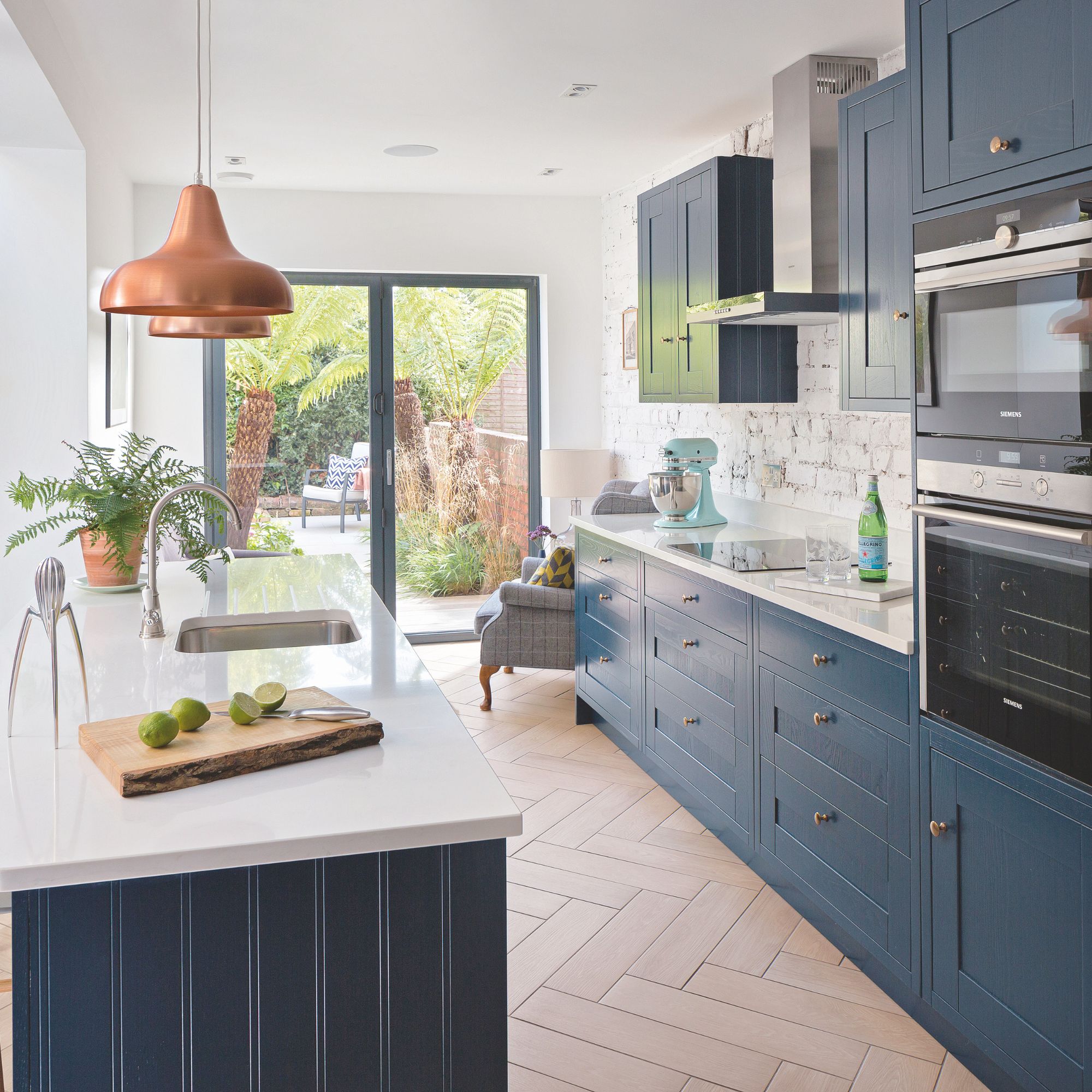
While sacrificing precious garden space can impact your home's value, that loss could be made up by the value that an extension can add. But this all depends on how much garden is left, and the quality and purpose of the extension.
Andrew adds: 'A high quality, well-designed extension that improves the flow and function of your home typically adds 10 to 20% to the property’s value. That’s a significant boost, and it often outweighs the value lost from reducing the garden, especially if the space you’re gaining inside adds another bedroom, an open plan kitchen-diner, or even a home office.
'However, if the extension feels like a bolt-on, hasn’t been finished properly, or creates a poor transition between indoor and outdoor space, it can be a turn-off for buyers. If it hasn’t been signed off under building regulations or doesn’t have planning approval where required, it could also cause real problems at resale.'
When is it not a good idea to sacrifice garden area for an extension?
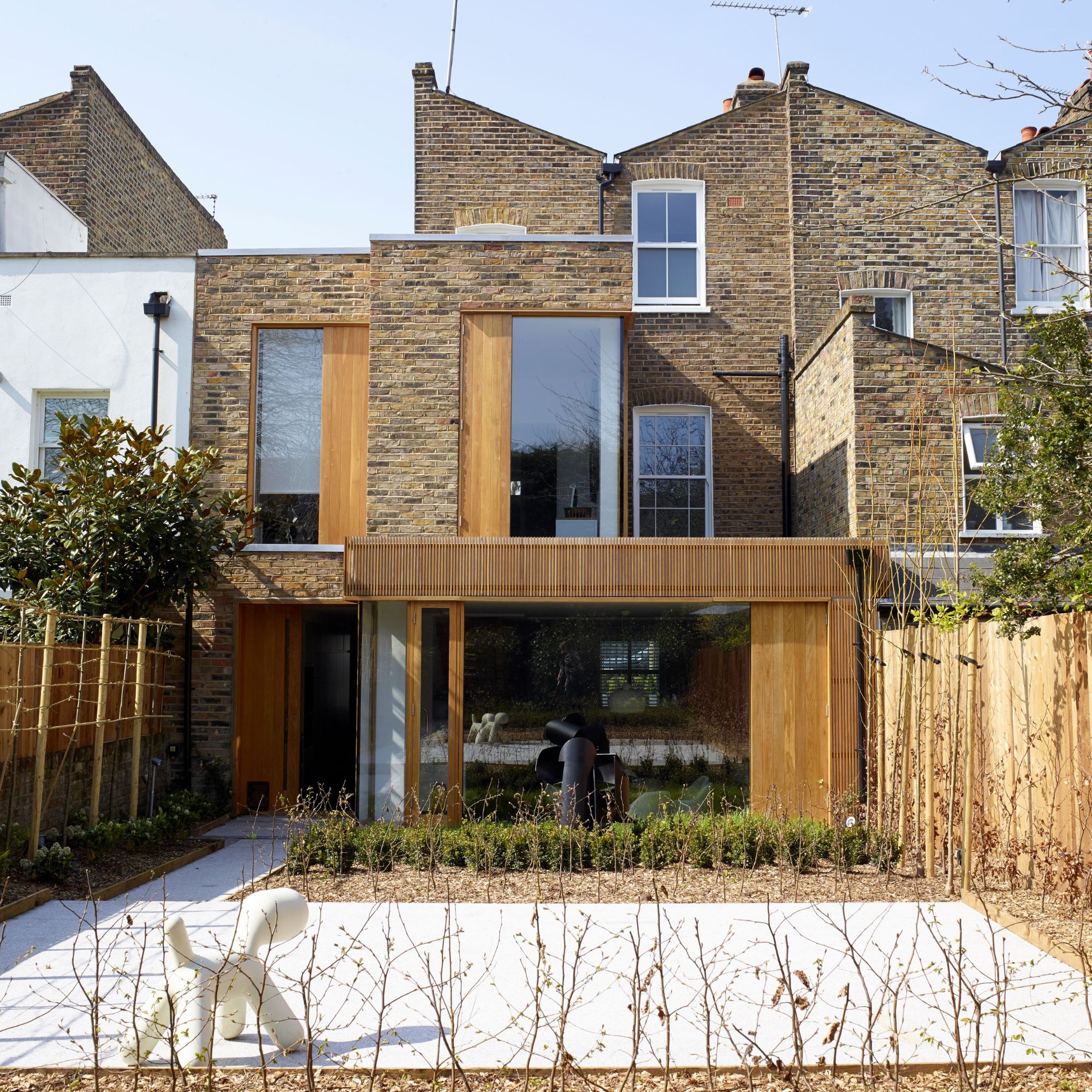
If you already have limited garden space, making it even smaller can be a mistake. Not only can it put off potential buyers (if you plan on selling), but it can severely impact your summer entertaining plans too.
So then what are your options if you are desperately in need of more space in your home, and don't want to, or can't afford to move?
This is where you should consider making better use of the space you already have, rather than adding more.
Reconfiguring your home's interior layout by moving or removing walls can open up the space dramatically, allowing natural light to flow and making the property feel airy and more spacious.
You should also pay attention to areas of your home that maybe aren't used to their full potential. Sally McClean, loft conversion specialist from Rooftop Rooms, says: 'Rather than automatically opting for an extension, it’s worth exploring alternatives like converting existing spaces, such as a loft. A loft conversion, for example, can increase your property value and offer extra living space without the permanent loss of garden space.
'These options are often more cost-effective and can preserve your home’s outdoor appeal. Taking the time to evaluate all options, ideally with the help of a professional, can help you make the best decision for your home’s value and your lifestyle.'
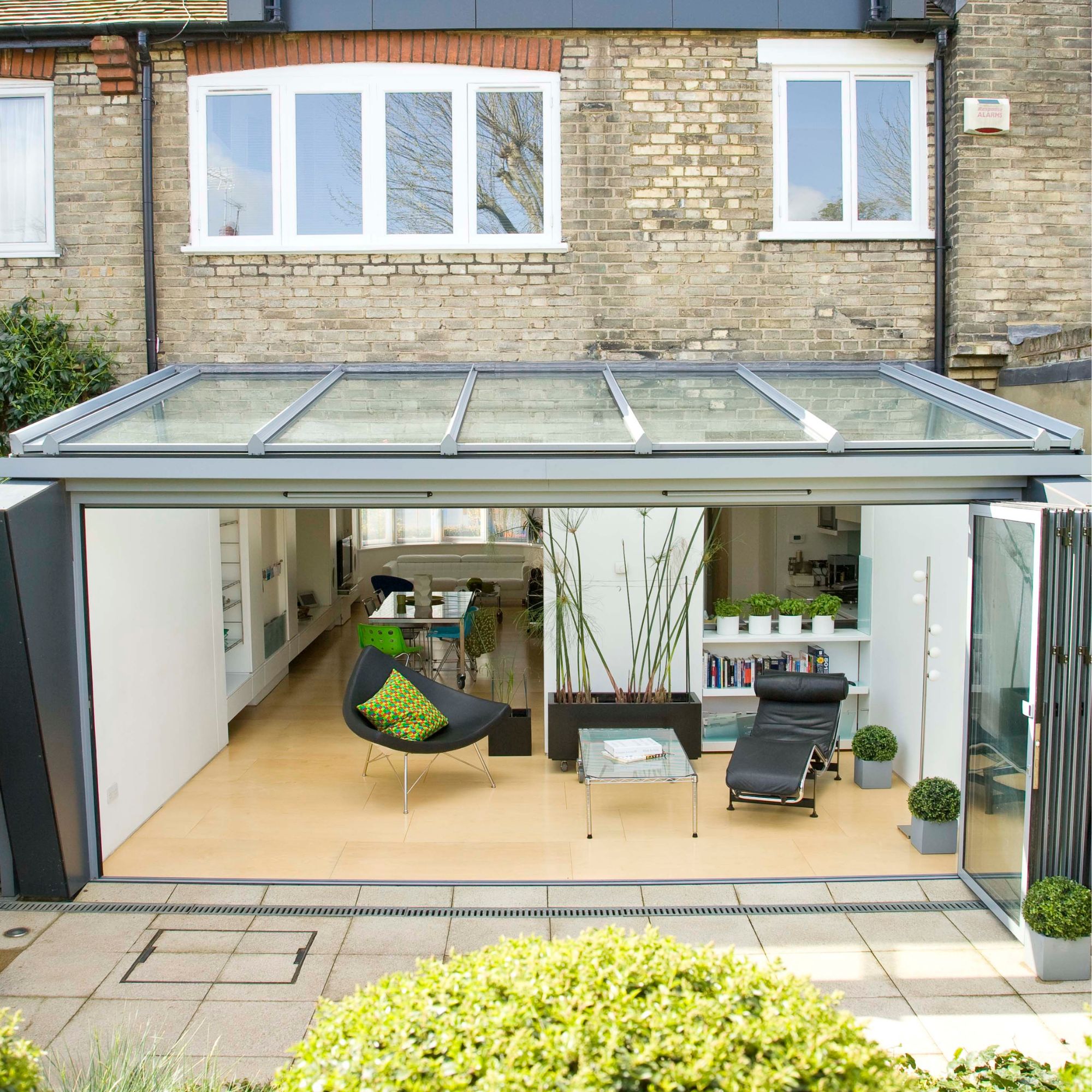
An alternative solution is to opt for an addition that improves the connection with the garden, rather than removing it.
Mervyn Montgomery, founder and joint director of Hampton Conservatories, says: 'For properties with smaller garden areas, opting for a glazed extension, such as a conservatory or orangery, can act as a fusion of both indoor and outdoor space.
'A glazed extension opens up the home to the remaining garden area, creating a seamless link between the indoors and the out, negating the feeling of lost outdoor space by bridging the gap between home and garden.'
When is it worth sacrificing garden space?
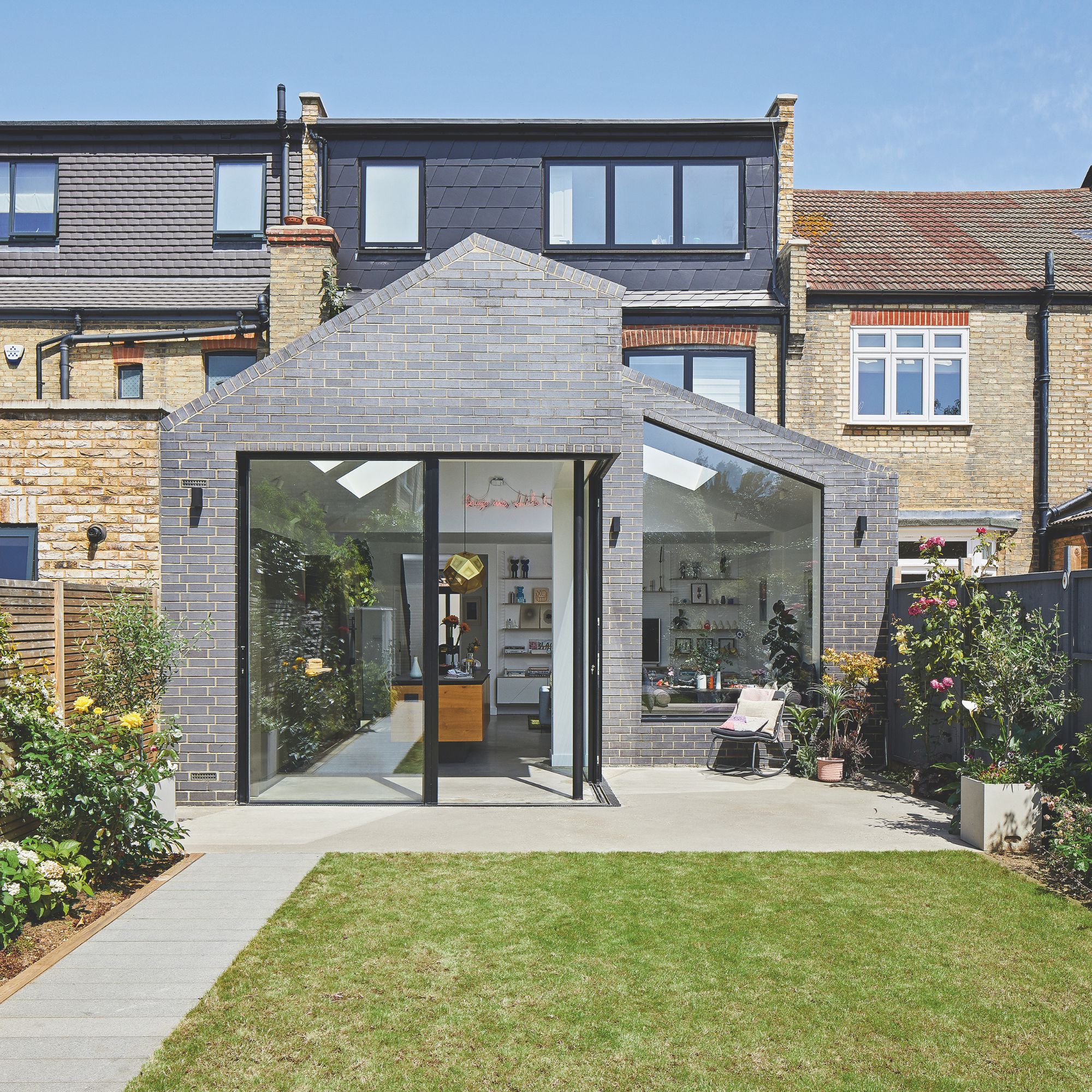
The best solution to the extension versus garden space dilemma is balance. Andrew explains: 'If you have a generously sized garden and the layout of your current home feels tight, dark, or dated, an extension can transform the property and make it far more liveable.'
'Just make sure the garden that remains is thoughtfully landscaped. Even a smaller garden can feel inviting if it’s tidy, gets some sun, and has room for a table and chairs, and a smart, low-maintenance garden can still tick all the right boxes for buyers,' he adds.
Even if you aren't planning on selling your home in the near future, having a home and garden that works for your lifestyle is key to your enjoyment of your space year-round.
Make sure you speak to an architect or designer when you're seeing signs that you should extend your home so that you can get the space you need while maintaining as much garden as possible.

Sarah Handley has been Ideal Home’s Section Editor for Renovation since September 2024, following three years of looking after the site's home finance content. She has been a journalist since 2007 and has worked for a range of titles including Homebuilding & Renovating, Real Homes, GoodtoKnow, The Money Edit and more.
You must confirm your public display name before commenting
Please logout and then login again, you will then be prompted to enter your display name.